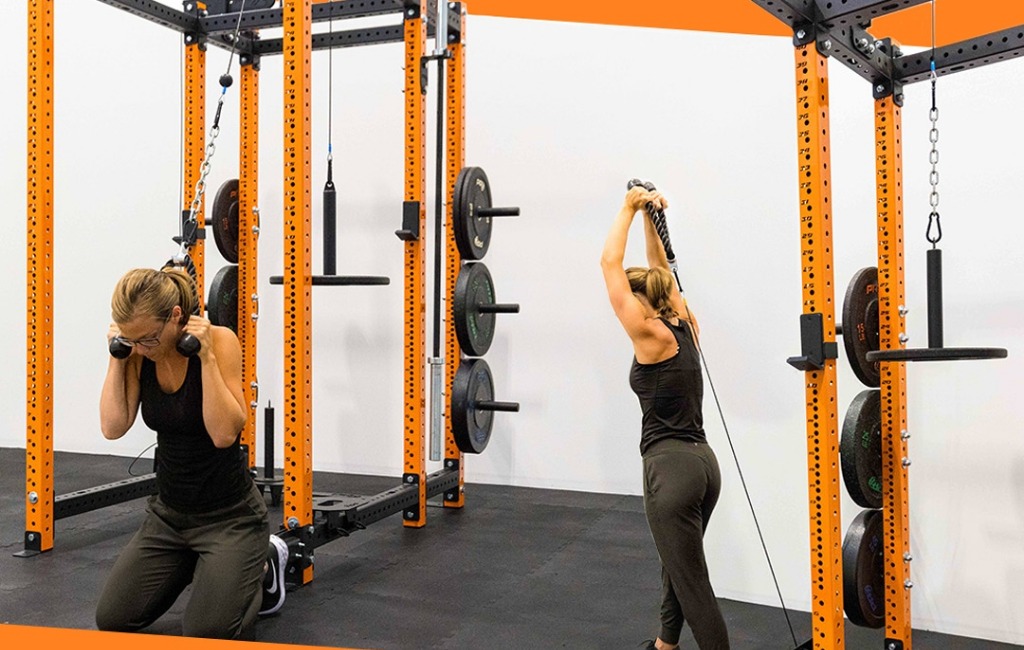PRx Performance – Fold-out Weight-lifting System
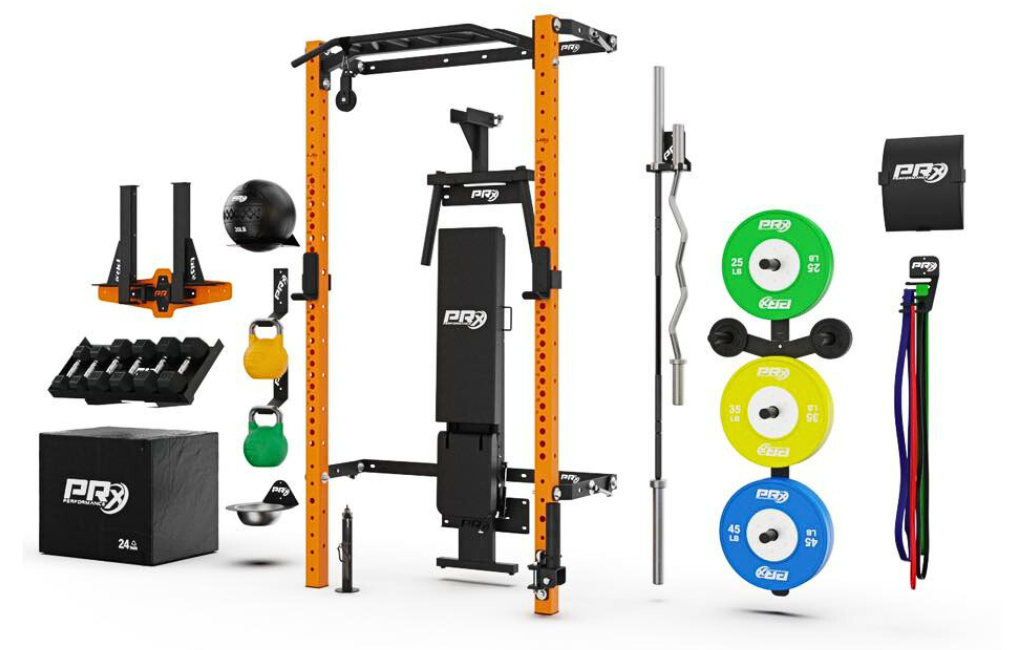

DEAL
EPISODE SUMMARY
🕓 Air Date: February 21, 2016
Asking For:
$80,000 for 10%
Investor:
Kevin O'Leary
Deal:
$80,000 for 20%
PRODUCT SUMMARY
PRX Performance offers space-saving home gym equipment, with their flagship product, the Profile Rack, transforming any space into a multi-functioning gym that folds away when not in use.
WATCH HERE
IN A RUSH?
Click these to jump to the section you want to read.
Background Story
Erik Hopperstad and Brian Brasch, the founders of PRX Performance, hail from Fargo, North Dakota. With a background in the fitness industry spanning three to four years, they observed a gap in the market while dealing with a large competitor encouraging people to turn their entire garage into a gym.
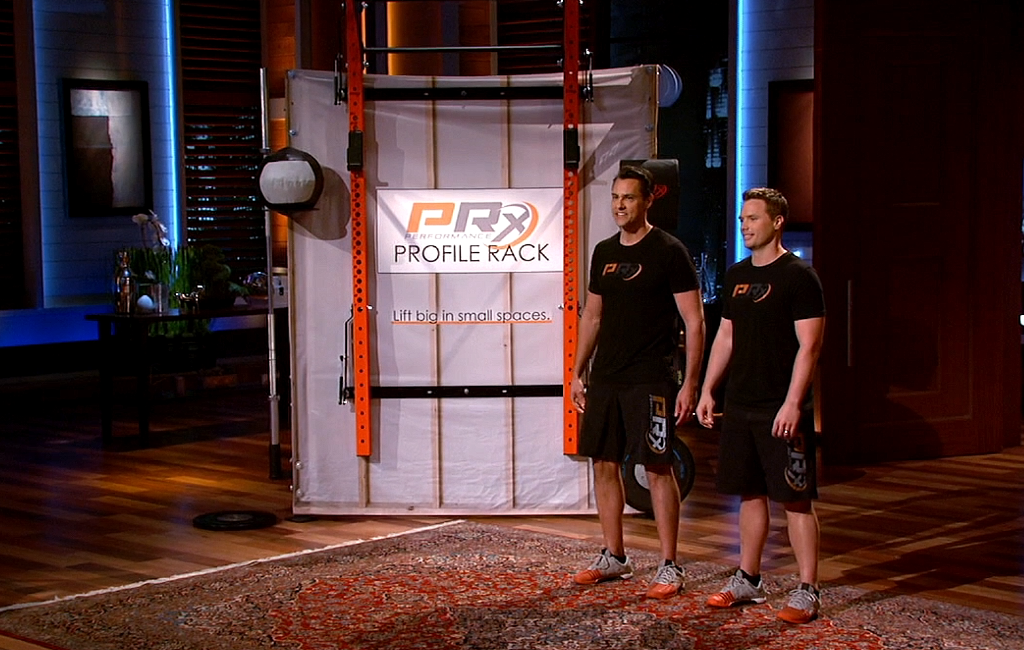
As residents of Fargo, where giving up the garage space is not an option, the founders saw an opportunity to redesign traditional weight-training equipment to be space-efficient. They aimed to allow real gym equipment to be used in unconventional spaces such as garages, basements, and small commercial areas.
The Product
PRX Performance’s flagship product, the Profile Rack, is a slim rig designed to be attached to 16-inch or 2-foot on-center studs on a wall. It facilitates various exercises like squats, bench presses, and pull-ups but folds away when not in use, taking up minimal space.
The installation requires a stable wall, and the assembly is the responsibility of the end user, with an estimated installation time of one to two hours. The product is priced at $1,099 for the commercial line, and they also offer a consumer line starting at $550. The company has around 30 complementary products designed to enhance the gym experience.
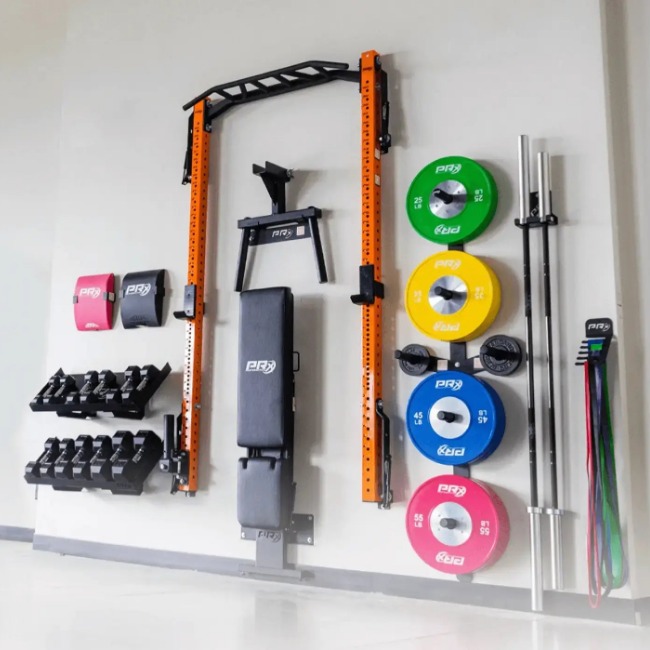
How It Went
The company’s position before Shark Tank
PRX Performance started selling its products in Q3 of the previous year and, at the time of the pitch, had generated over $170,000 in sales, crossing 100 units sold. While they achieved profitability in the current quarter, the founders hadn’t taken salaries yet. The gross margin on the new units was reported to be 43%, with plans to increase it to 50%. The founders were seeking $80,000 in addition to a line of credit. The business structure seemed to be in its early stages, with the founders expressing the need for both investment and a line of credit.
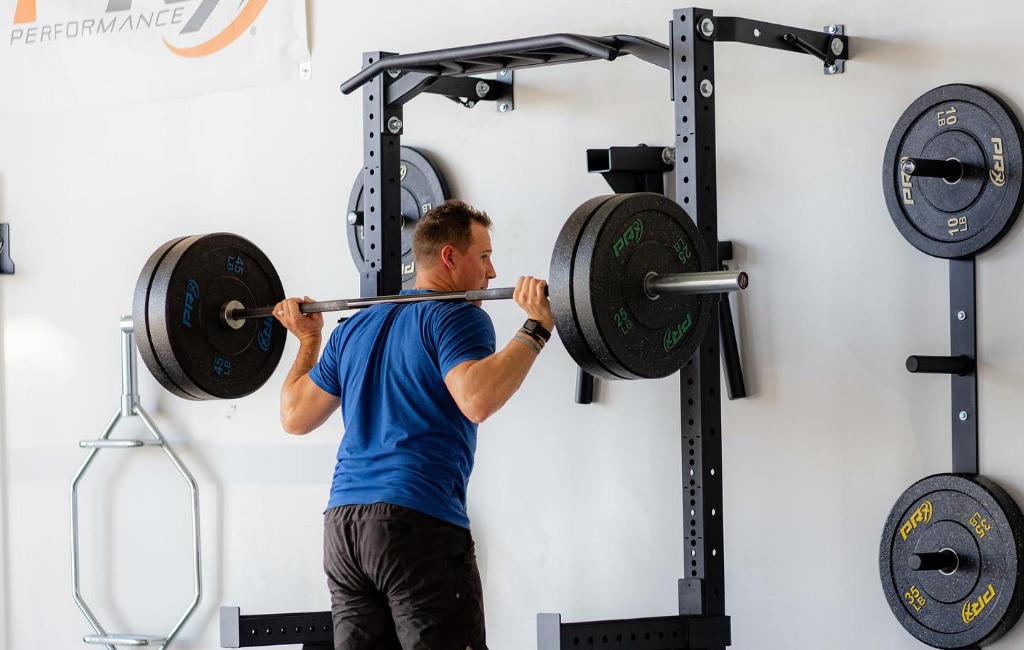
The Negotiations:
Kevin O’Leary was the only shark to make an offer, proposing $80,000 for a 20% equity stake. He suggested a payback structure where, as the founders paid themselves, O’Leary would receive 20%. Mark Cuban and Lori Greiner decided to opt out, with Cuban citing concerns about the technical and intimidating nature of the product for a wide audience, and Greiner expressing that the business was too early for her. Daymond John chose not to invest due to the challenge of targeting a specific user group effectively. Ultimately, the founders accepted Kevin O’Leary’s offer, securing a deal.
